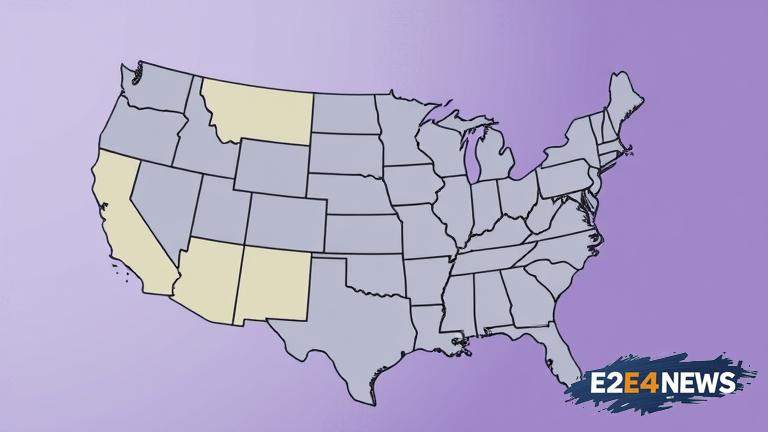The US health insurance market is bracing for a significant hike in premiums, with major insurers proposing the largest increases since 2018. This development comes as the Affordable Care Act, also known as Obamacare, continues to shape the healthcare landscape in the country. According to recent filings, several major health insurers are seeking to raise their premiums by substantial margins, citing increased healthcare costs and other factors. The proposed increases are expected to affect millions of Americans who rely on the Affordable Care Act for their health insurance coverage. The insurers argue that the hikes are necessary to keep pace with rising medical costs, including prescription drug prices and hospital expenses. However, consumer advocacy groups and healthcare experts are expressing concern over the potential impact on low- and moderate-income families who may struggle to afford the higher premiums. The proposed premium increases vary by state and insurer, but some companies are seeking hikes of 20% or more. This could lead to a significant increase in the number of uninsured Americans, undermining the progress made under the Affordable Care Act. The Centers for Medicare and Medicaid Services (CMS) will review the proposed rate increases and may negotiate with insurers to reduce the hikes. The CMS has already expressed concerns over the proposed increases, citing the potential harm to consumers. Despite the concerns, insurers maintain that the hikes are necessary to ensure the long-term sustainability of the health insurance market. The proposed premium increases have sparked a heated debate over the affordability and accessibility of healthcare in the US. Lawmakers and regulators are under pressure to address the issue and find ways to mitigate the impact on consumers. The Affordable Care Act has been a subject of controversy and debate since its inception, with proponents arguing that it has expanded healthcare access to millions of Americans, while critics argue that it has driven up costs and created inefficiencies in the system. As the proposed premium increases make their way through the regulatory process, consumers and advocacy groups are watching closely, hoping that policymakers will take steps to protect the most vulnerable populations. The outcome of this development will have significant implications for the US healthcare system and the millions of Americans who rely on it for their health and wellbeing.
